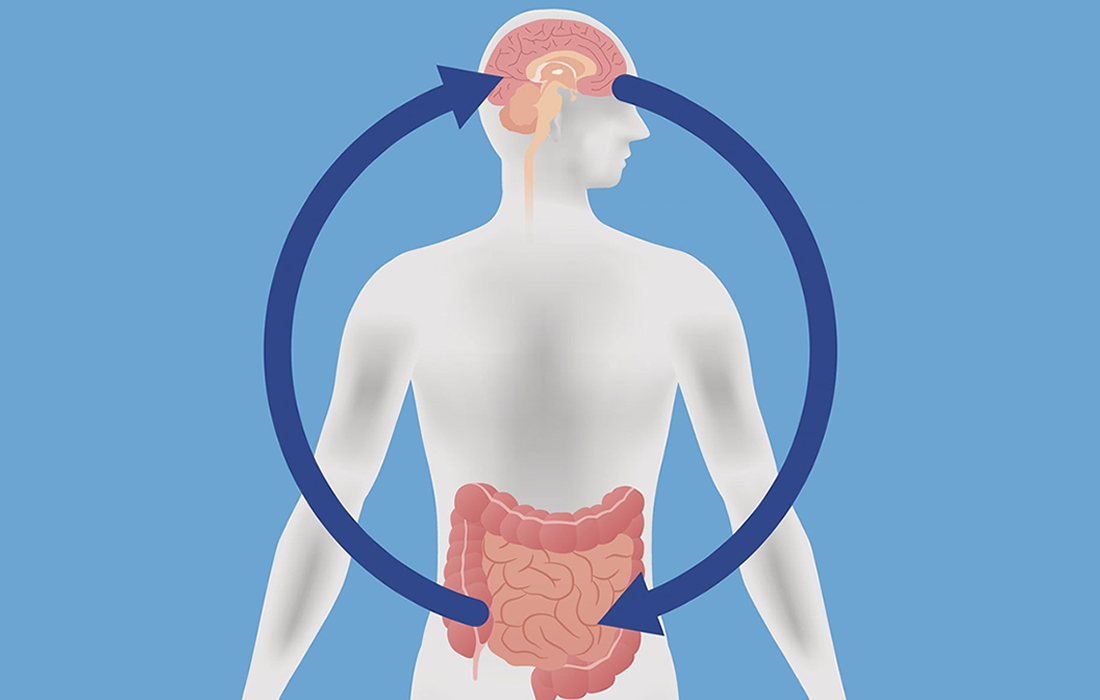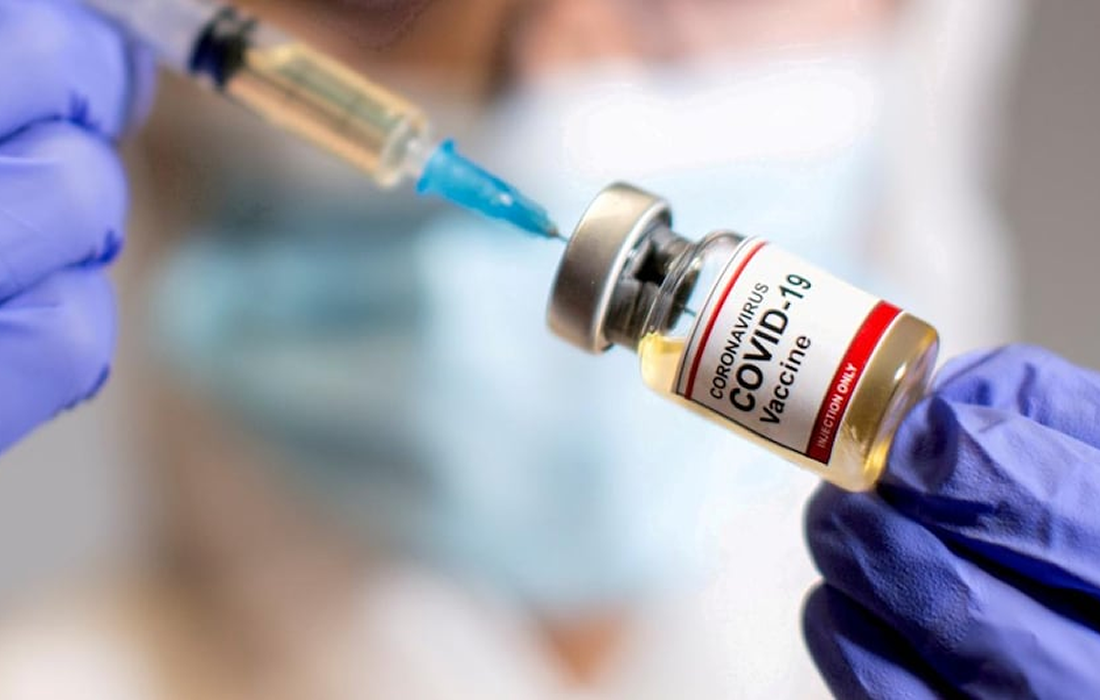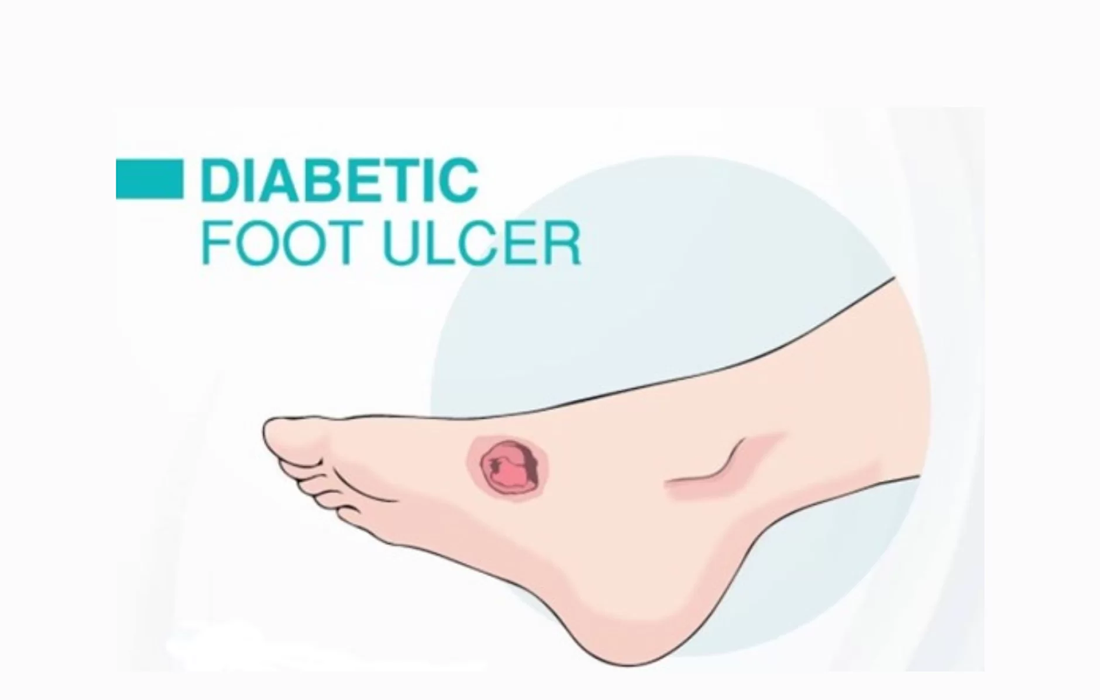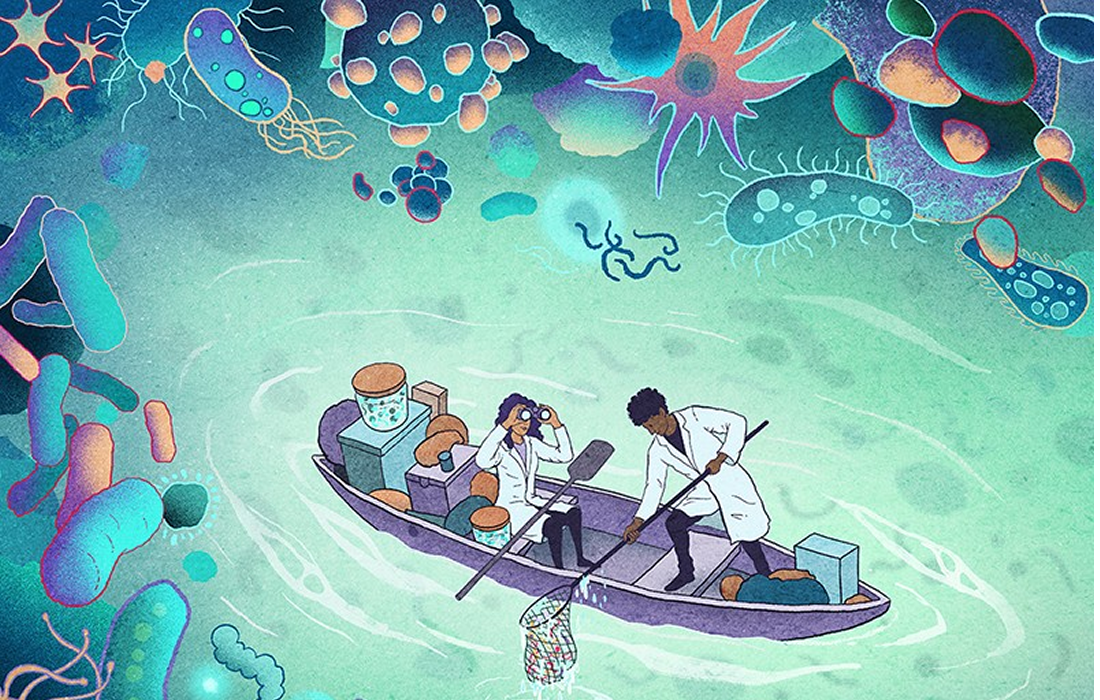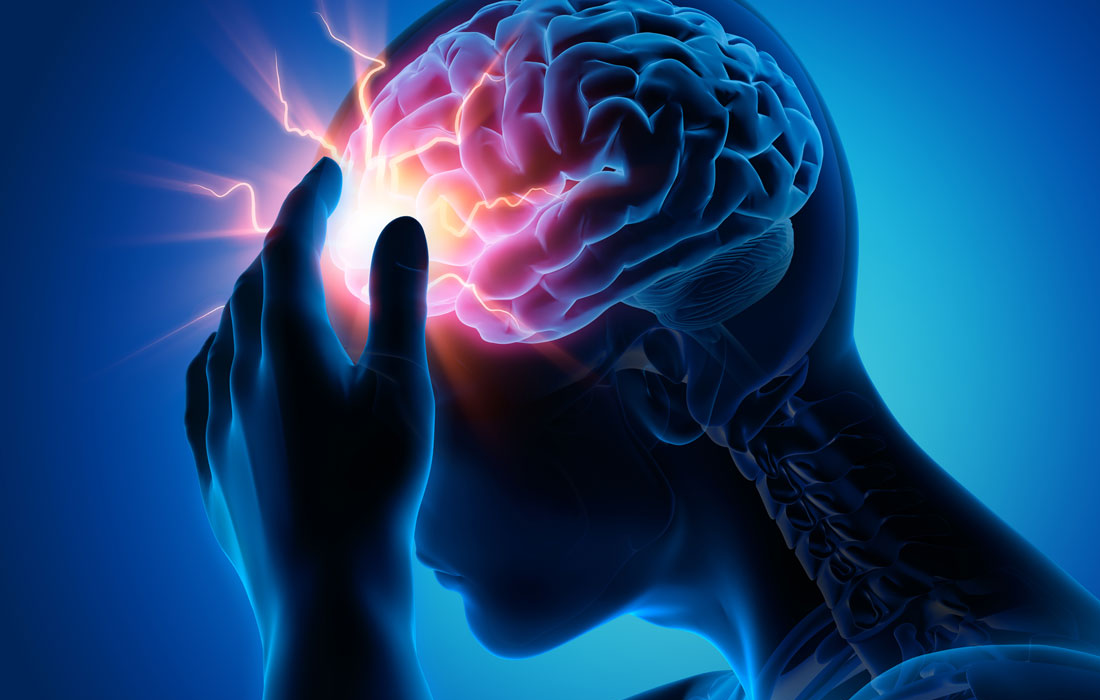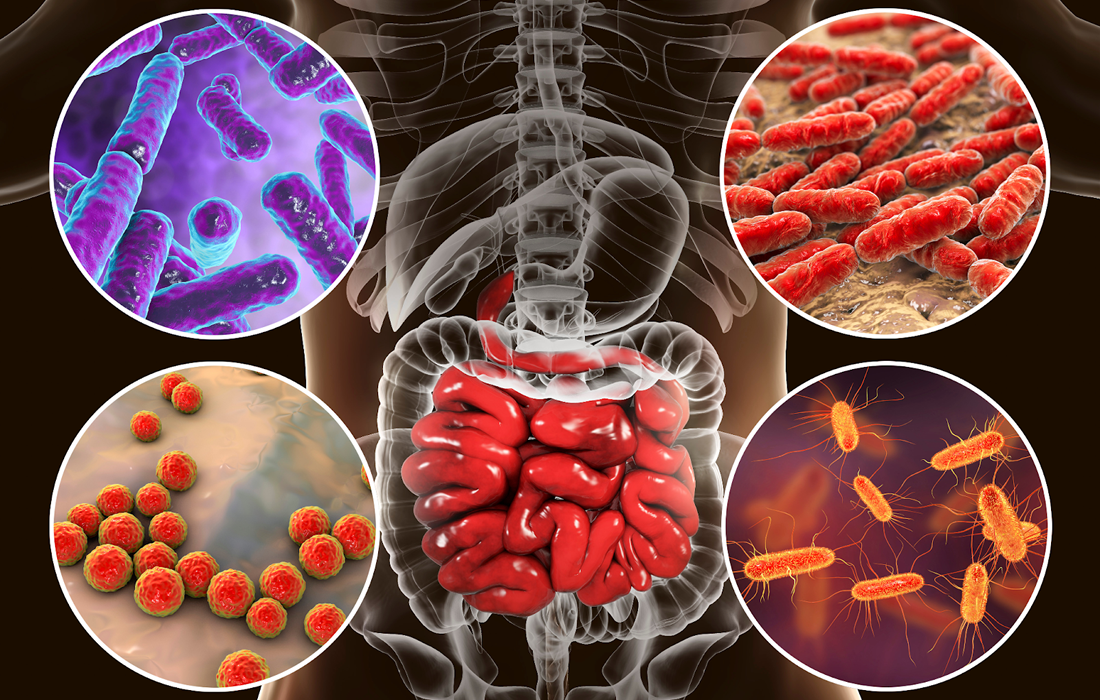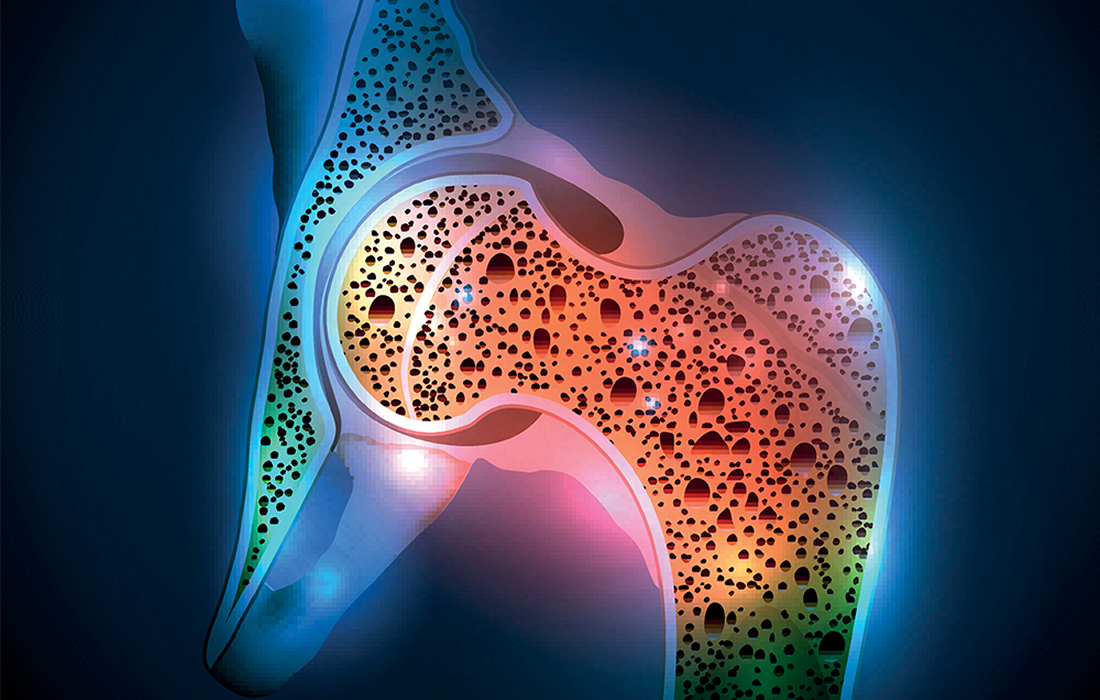Parkinson’s disease (PD) stands in second place after Alzheimer’s disease among common neurodegenerative disorders. An overall incidence rate of 17 per 100,000 persons per year has been reported. The onset of PD is usually at 65 years or older, and it appears slightly more frequently in men than in women. The aging of society around […]
Monthly Archives: December 2021
A new COVID-19 vaccine developed by a team of researchers from Texas will start distribution to India. The Indian government granted an emergency use authorization to the vaccine manufactured by Hyderabad-based company Biological E. The company has ambitious plans to produce more than 1 billion doses of the vaccine in 2022 and they won’t personally […]
Depression (major depressive disorder) is a common and serious medical illness that negatively affects how you feel, the way you think, and how you act. Fortunately, it is also treatable. Depression causes feelings of sadness and/or a loss of interest in activities you once enjoyed. It can lead to a variety of emotional and physical […]
Diabetes mellitus prevalence has increased immensely due to worldwide changes in nutrition and lifestyle and is currently estimated to affect 425 million adults in 2017 and to increase to 629 million patients by 2045. What is a Diabetic Foot Ulcer (DFU)? Diabetic foot ulcers are among the most common complications of patients who have […]
Alzheimer’s disease (AD) is the most common neurodegenerative disease and despite the existence of treatments that can alleviate these symptoms, no treatment has been proven to completely halt AD progression. In the past decade, an increasing number of randomized control trials (RCTs) have demonstrated promising findings regarding dietary interventions for AD, especially probiotic and prebiotic […]
Chronic non-communicable diseases (CNCDs) are a matter of great concern to the world’s public health and the leading cause of death. In 2005, around 35 million deaths were attributed to such diseases, almost 60% of global mortality and 45.9% of the global burden of diseases. If this trend is maintained, it is estimated that by […]
What is a Stroke? A stroke occurs when the blood supply to part of the brain is interrupted or reduced, preventing brain tissue from getting oxygen and nutrients. Brain cells begin to die in minutes, that is why it’s a medical emergency, and prompt treatment is crucial. Early action can reduce brain damage and other […]
The gut microbiota plays multiple roles in our immunological, nutritional, and metabolic functions, such as sustaining gut homeostasis for the host, fermentation of indigestible dietary fibers, and production of essential amino acids and vitamins (like vitamin K). Different environmental and genetic factors have an influence on the gut microbiota, and changes in the state of […]
There is a plethora of literature that is continuously published on the role of nutritional agents and skin conditions. The different agents include vitamins, minerals, amino acids, antioxidants, diets, and gluten. A new study by researchers from the Atal Bihari Vajpayee Institute of Medical Sciences and Dr. Ram Manohar Lohia Hospital in Delhi, India, did […]
What is Osteoporosis? Osteoporosis is a systemic skeletal disease that is characterized by low bone mass and microarchitectural deterioration of the bone tissue. It affects 44 million Americans and more than 200 million people worldwide. The main characteristics of osteoporosis are bone loss and microstructural degeneration. It causes the bones to become weak and brittle, […]

